No more Crucial stuff for you.


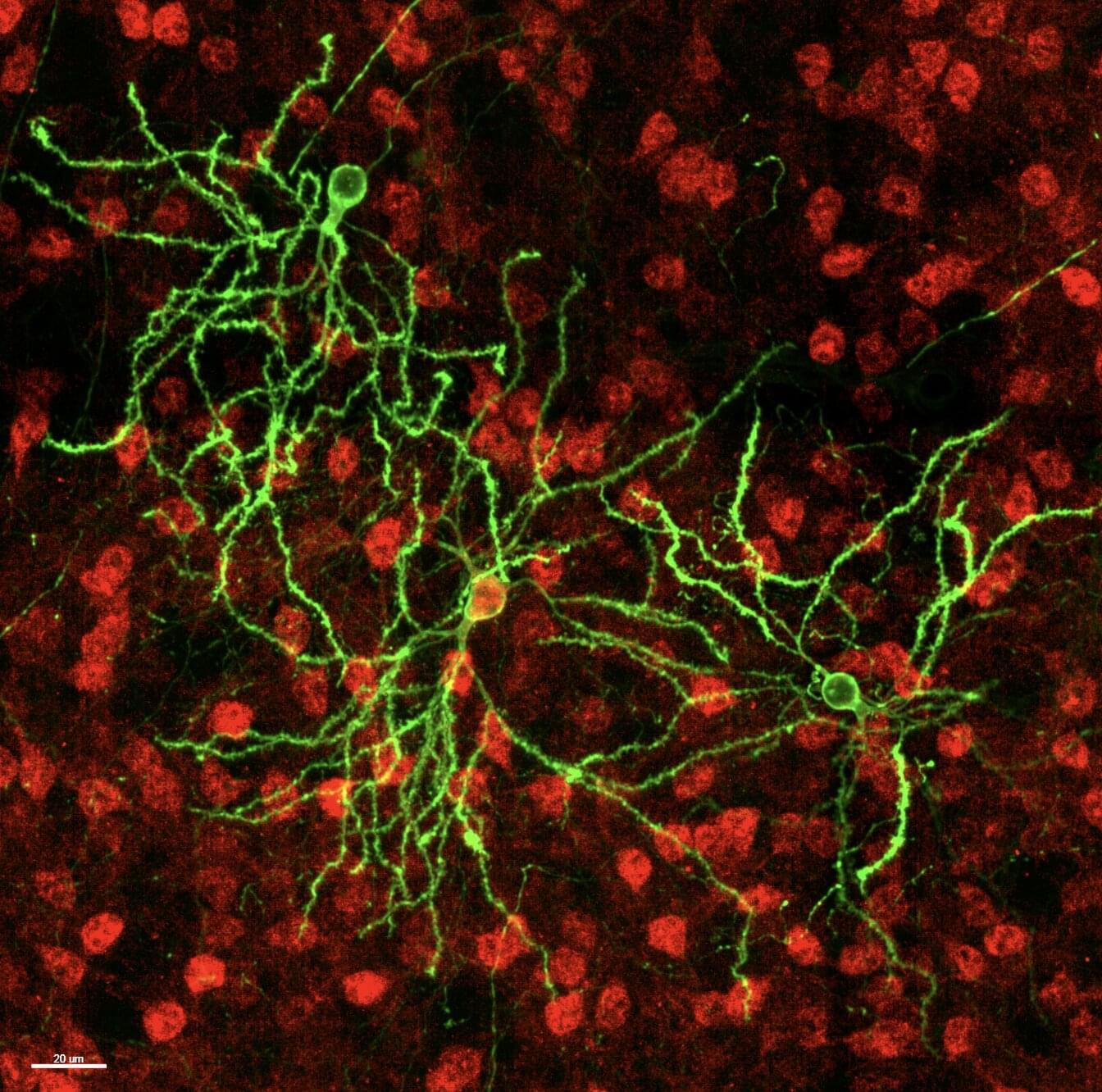
Understanding the shape or morphology of neurons and mapping the tree-like branches via which they receive signals from other cells (i.e., dendrites) is a long-standing objective of neuroscience research. Ultimately, this can help to shed light on how information flows through the brain and pin-point differences associated with specific neurological or psychiatric disorders.
The X. William Yang Lab at the Jane and Terry Semel Institute and the Department of Psychiatry and Biobehavioral Sciences at University of California, Los Angeles (UCLA) have devised new sophisticated methods to map neuronal dendrites in the mouse brain, which combine large-scale data collection with genetic labeling techniques and computational tools.
Their research approach, outlined in a paper published in Nature Neuroscience, allowed them to create a comprehensive map of two genetic types of neurons in the mouse brain, known as D1-and D2-type striatal medium spiny neurons (MSNs).
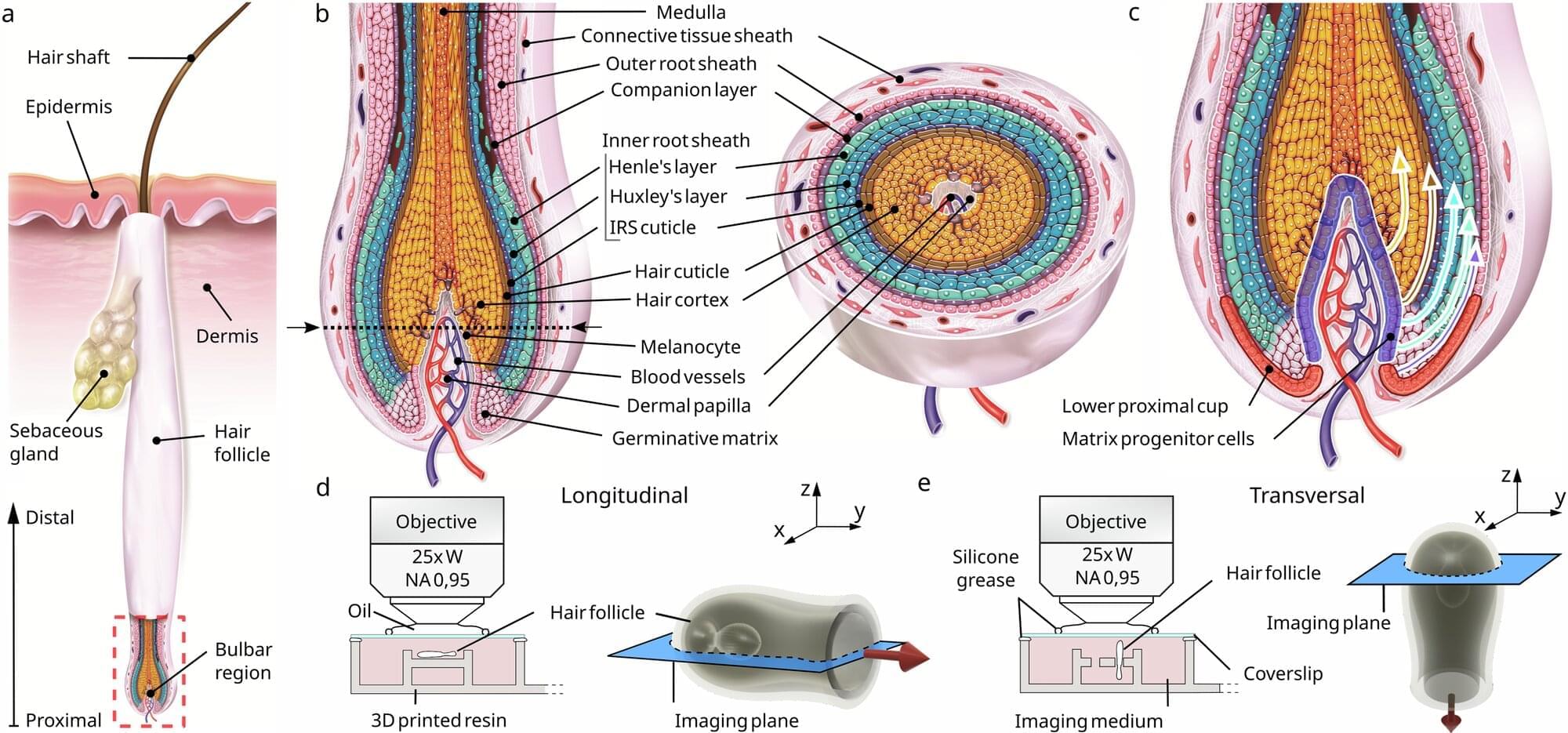
Scientists have found that human hair growth does not grow by being pushed out of the root; it’s actually pulled upward by a force associated with a hidden network of moving cells. The findings challenge decades of textbook biology and could reshape how researchers think about hair loss and regeneration.
The team, from L’Oréal Research & Innovation and Queen Mary University of London, used advanced 3D live imaging to track individual cells within living human hair follicles kept alive in culture. The study, published in Nature Communications, shows that cells in the outer root sheath—a layer encasing the hair shaft—move in a spiral downward path within the same region from where the upward pulling force originates.
Dr. Inês Sequeira, Reader in Oral and Skin Biology at Queen Mary and one of the lead authors, said, “Our results reveal a fascinating choreography inside the hair follicle. For decades, it was assumed that hair was pushed out by the dividing cells in the hair bulb. We found that instead that it’s actively being pulled upwards by surrounding tissue acting almost like a tiny motor.”
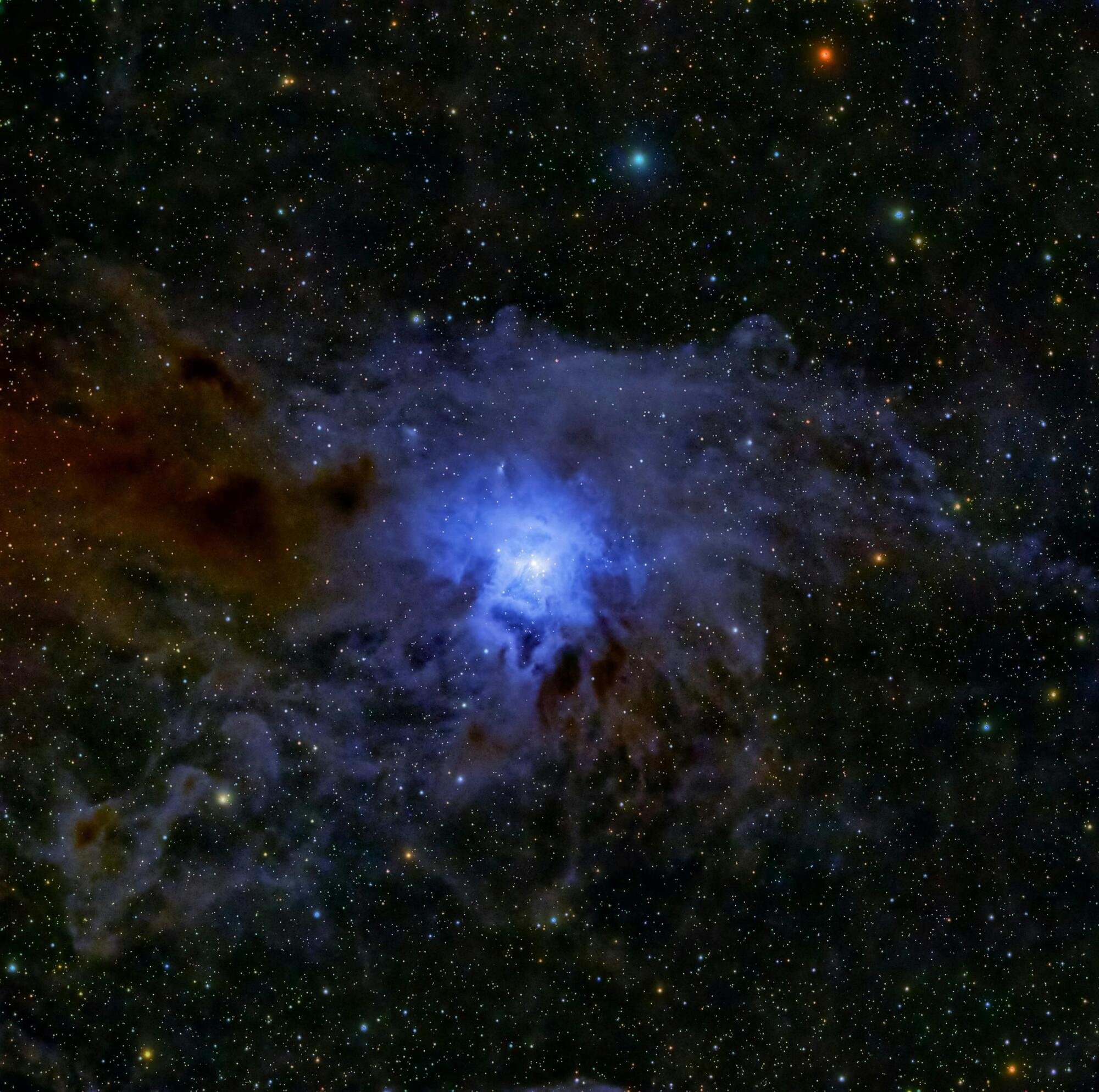
A new theory for the origins of dark matter suggests that fast-moving, neutrino-like dark particles could have decoupled from Standard Model particles far earlier than previous theories had suggested.
Through new research published in Physical Review Letters, a team led by Stephen Henrich and Keith Olive at the University of Minnesota proposes that this “ultra-relativistic freeze-out” mechanism could have produced dark matter particles which are almost undetectable, but still compatible with the observed history of the universe.
Despite comprising some 85% of the universe’s total mass, dark matter has never been seen to interact with regular matter except via gravity, making its origins one of the most enduring mysteries in cosmology.
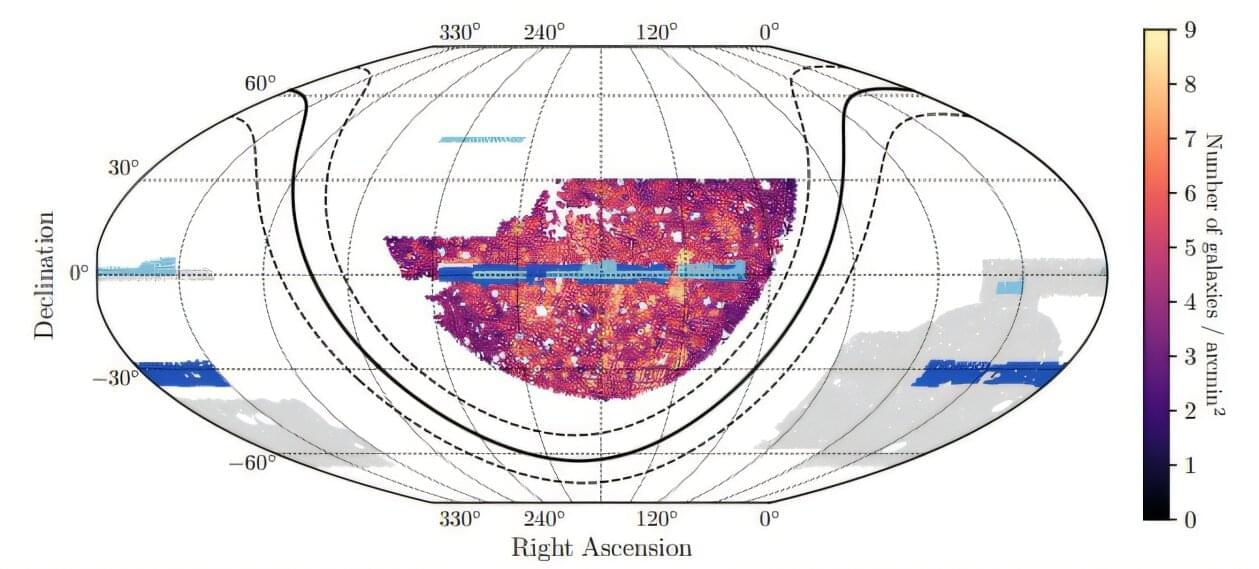
In the leading model of cosmology, most of the universe is invisible: a combined 95% is made of dark matter and dark energy. Exactly what these dark components are remains a mystery, but they have a tremendous impact on our universe, with dark matter exerting a gravitational pull and dark energy driving the universe’s accelerating expansion.
What scientists know about dark matter and dark energy comes from observing their effects on the visible universe. Astrophysicists from the University of Chicago have measured those effects on a new patch of sky to illuminate the invisible cosmos.
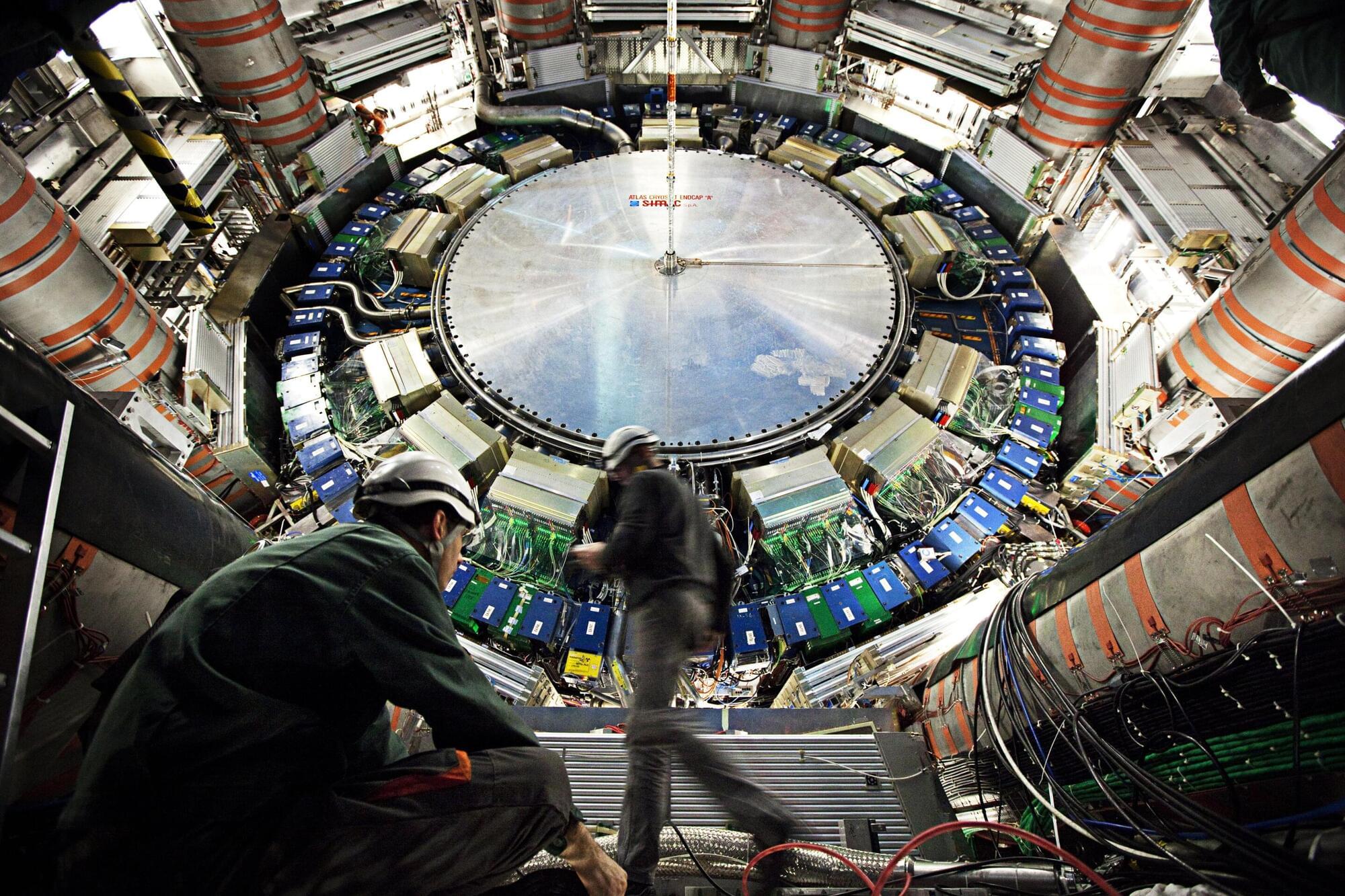
Although its existence had been theorized for decades, the Higgs boson was finally observed to exist in 2012 at the Large Hadron Collider (LHC) at CERN. Since then, it has continued to be heavily studied at the LHC. Now, a new study from the researchers at CERN combines the last two runs of ATLAS—one of the two general-purpose detectors at the LHC—to lay out evidence that the Higgs boson can decay into a muon–antimuon pair.
The study, published in Physical Review Letters, reports a significance of 3.4 standard deviations of excess signal over background, when the two runs are combined—higher than previous evidence from the Compact Muon Solenoid (CMS) of 3.0 standard deviations.
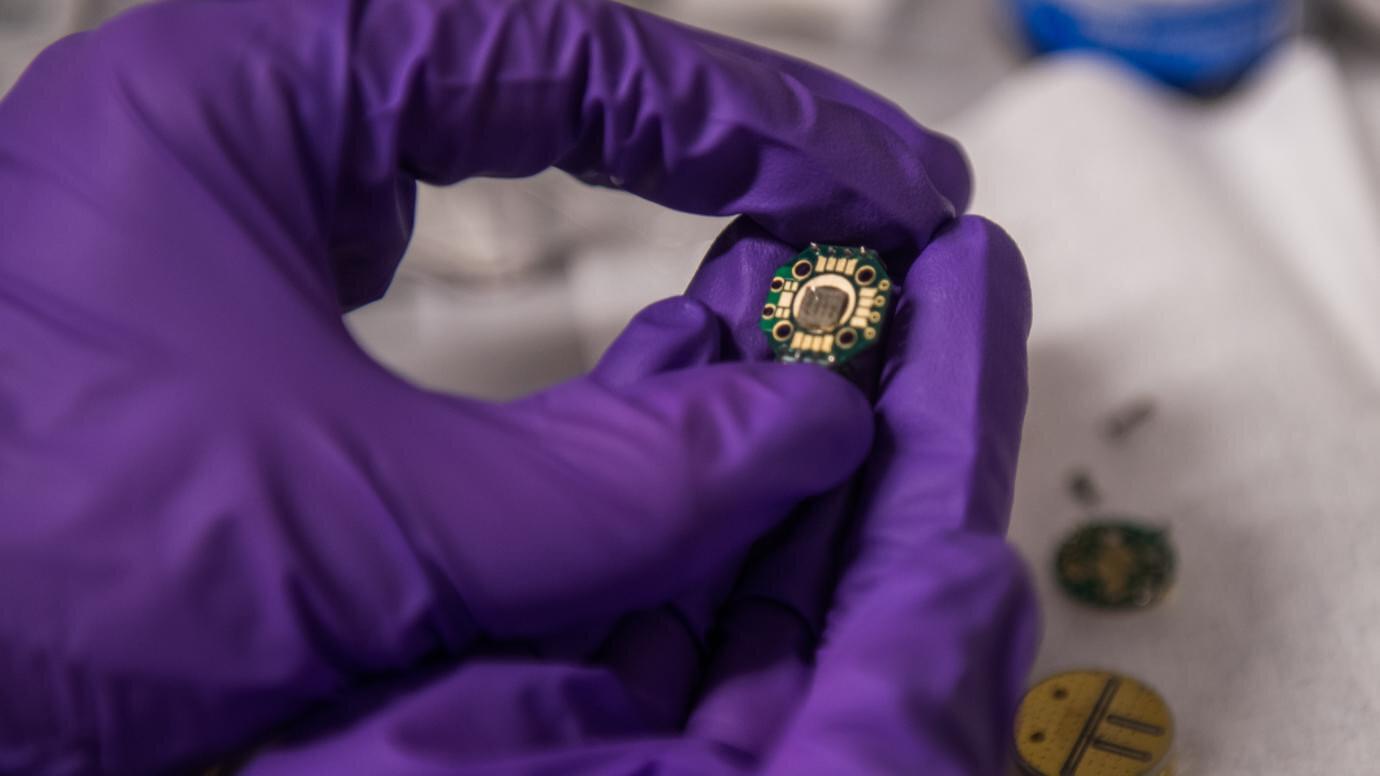
Quantum technology is accelerating out of the lab and into the real world, and a new article argues that the field now stands at a turning point—one that is similar to the early computing age that preceded the rise of the transistor and modern computing.
The article, authored by scientists from University of Chicago, Stanford University, the Massachusetts Institute of Technology, the University of Innsbruck in Austria, and the Delft University of Technology in the Netherlands, offers an assessment of the rapidly advancing field of quantum information hardware, outlining the major challenges and opportunities shaping scalable quantum computers, networks, and sensors. The paper appears in Science.
“This transformative moment in quantum technology is reminiscent of the transistor’s earliest days,” said lead author David Awschalom, the Liew Family Professor of molecular engineering and physics at the University of Chicago, and director of the Chicago Quantum Exchange and the Chicago Quantum Institute.
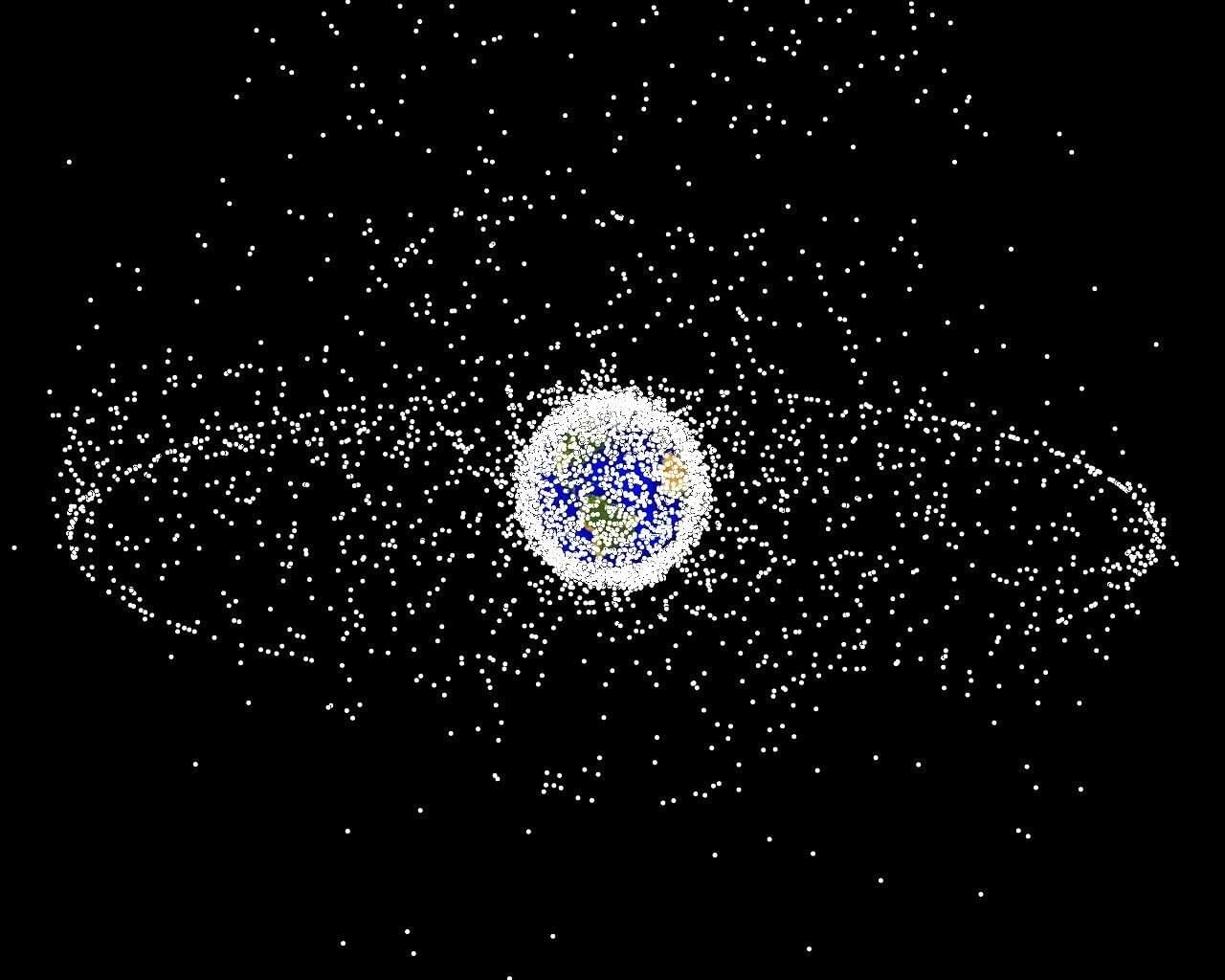
High up in Earth’s orbit, millions of human-made objects large and small are flying at speeds of over 15,000 miles per hour. The objects, which range from inactive satellites to fragments of equipment resulting from explosions or collisions of previously launched rockets, are space debris, colloquially referred to as space junk. Sometimes the objects collide with each other, breaking into even smaller pieces.
No matter the size, all of this debris poses a problem. Flying at high speeds caused by prior launches or explosions, they create danger for operational satellites and spacecraft, which are vital for the efficacy of modern technologies like GPS, digital communication and weather forecasting. At orbital speeds, even tiny fragments can cause significant damage to operational equipment, endangering future space missions and the people who would participate in them.
“Even if a tiny, five-millimeter object hits a solar panel or a solar array of a satellite, it could break it,” says Assistant Professor Hao Chen, whose research involves space systems design. “And we have over 100 million objects smaller than one centimeter in orbit. So if you want to avoid a collision, you have to maneuver your spacecraft, which takes up fuel and is costly. Additionally, we have humans on the International Space Station who sometimes must go outside the spacecraft where the space debris can hit them too. It’s really dangerous.”
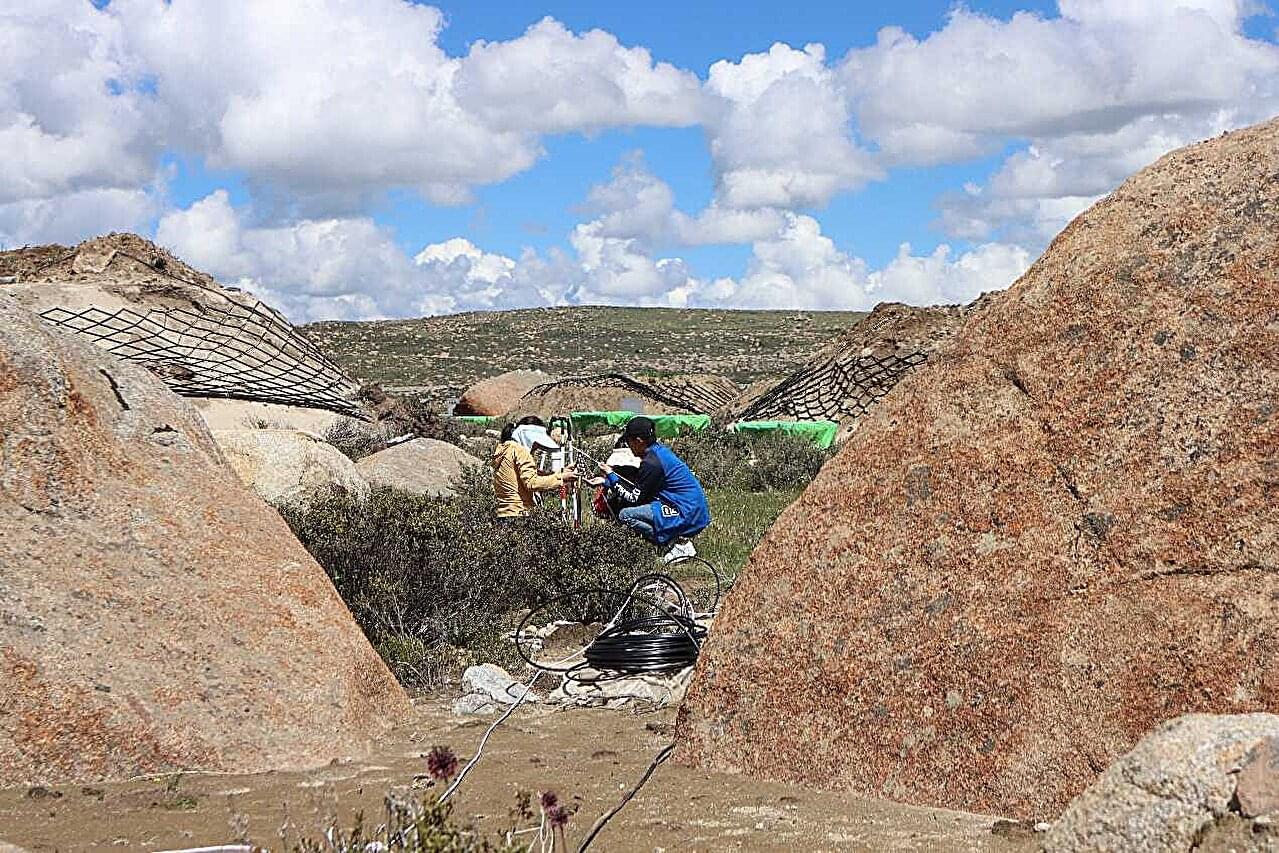
A new study led by researchers from the Institute of Atmospheric Physics of the Chinese Academy of Sciences (CAS) has uncovered the first observational evidence of lateral negative re-discharges occurring on negative leader channels. Published recently in Geophysical Research Letters, the findings offer new insights into how lightning channels remain electrically active and how their structures evolve before and after a return stroke.
Prior to this research, negative-polarity lateral breakdowns had only been observed near the tips of positive leaders—never documented along negative leader channels.
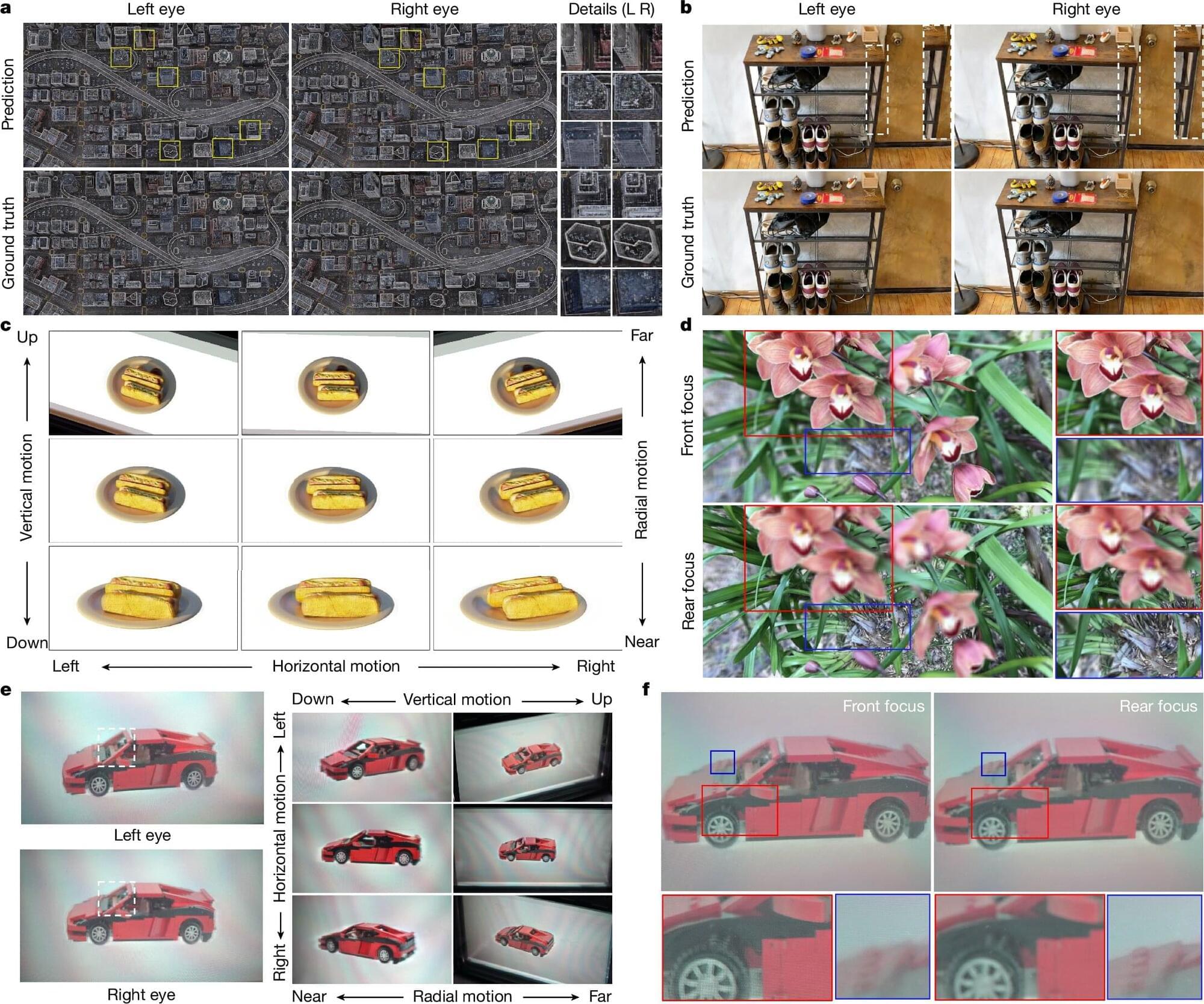
Watching 3D movies and TV shows is a fun and exciting experience, where images leap out of the screen. To get this effect, you usually have to wear a special pair of glasses. But that could soon be a thing of the past as scientists have developed a new display system that delivers a realistic 3D experience without the need for any eyewear.
The main reason why we’ve waited so long for a screen like this is a tough physics rule called the Space-Bandwidth Product (SBP). To get a perfect 3D image, you need a big screen (the “space”) and a wide viewing area (the “bandwidth”) so the picture looks good even when you turn your head. Unfortunately, according to the rule, you can’t have both at the same time. If you make the screen big, the viewing angle shrinks. If you increase the viewing area, the TV must get smaller. All previous attempts to break this trade-off have failed. But not this time.